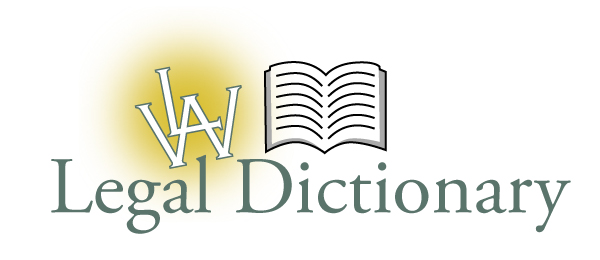- Have any questions?
- (630) 469-7100

What is a “professional corporation”?
In our last post, we discussed the importance of the corporate shield or veil, and how it can limit the liability for shareholders, officers, and directors. There are some instances, however, where those individuals will have personal liability no matter whether they are incorporated or not. One example is fiduciary duties related to employment and the payment of wages and certain plans covered by ERISA. We discussed one example of that in a previous post. Another situation in which there is no limitation on liability for shareholders is professional malpractice.
Certain professional (therapists, lawyers, podiatrists, dentists, and accountants, to name a few) may only do business as a corporation if all the shareholders, directors, and most officers are licensed in that professional area. A corporation that meets these requirements is called a “professional corporation” or “P.C.” (Medical doctors are similar, but there it is called a “service corporation” or “S.C.”) Like regular corporations, professional corporations provide a corporate shield for their shareholders, limiting their personal exposure from the corporate liabilities, such as a breach of lease or debts to a trade or equipment creditor.
Shareholders in a professional corporation may also shield themselves from a malpractice action brought against one of the other shareholders. What they cannot do, however, is shield themselves from their own individual malpractice.
Additionally, a professional corporation can lose the protection of the corporate veil if any of the shareholders cease to be licensed by the state. For this reason it is very important that the shareholders, in additional to keeping up their books and records and doing all the other things necessary to qualify for that protection, have in place a shareholders’ agreement that contains buy-sell language requiring the existing shareholders to buy-out any shareholders who lose their licensure.
If you are a professional doing business with others in your area of practice, give us a call to see if your business structure allows you to shield yourself from corporate liabilities or the missteps of your co-practitioners, and to make sure that your shareholders’ agreement gives you (and the corporation) the proper protection in case anything goes wrong.
If you liked this post, follow us on Facebook and Twitter, and sign up for our monthly newsletter using the form in the sidebar at the right. And be sure to read the Disclaimer.
- Congress Requires New COVID-19 Employment Poster - March 26, 2020
- Your Business Insurance May Contain Interruption Coverage You Can Use During COVID-19 - March 20, 2020
- Using Your Estate Plan to Leave Funds to a Minor - December 5, 2017
